Ask the Best and Brightest: Why (and When) Do Cars Explode?
We know that Hollywood scriptwriters and their stuntmen enablers rely on the “fact” that cars explode. But do they? The NY Daily News reports that an SUV exploded after being struck by an OOC Benz in Benzonhurst. Just kidding—which I shouldn’t do as a dog died in this accident. Well, not IN the accident . . . And I know: the Element isn’t really an SUV (more like a box-shaped wheelchair). And we only have the News’ word that “The Honda exploded on impact, and flames shot from the engine before engulfing most of the vehicle.” Oh, did I forget “witnesses said”? My bad. So I’m interested in your expert opinion on cars, gasoline and ka-boomery. What’s the real deal here? Do we really have to worry about fleeing an accident before a careless cigarette ignites that trickling trail of gas?
More by Robert Farago



















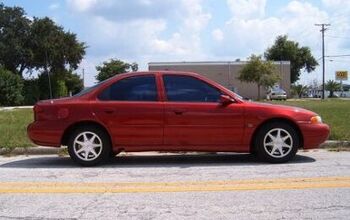
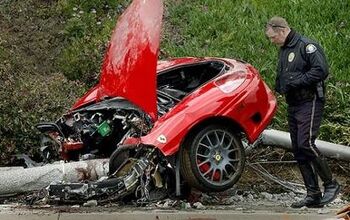

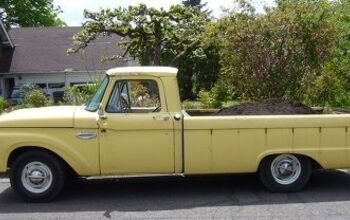
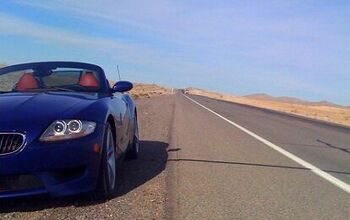

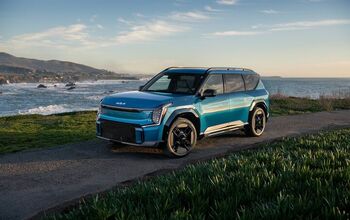








Comments
Join the conversation
Gas is supposed to burn slowly, so explosions really shouldn't happen.
I drive an E-type Jaguar, and endless Hollywood B-movies from the 70s have taught me that they explode into a fireball about half a second after they are driven off the cliff by the bad guy, or suicidal protagonist (who may, or may not have leapt from the car before it sailed off the precipice depending on the likelihood of a sequel.) As a precaution I never let "bad guys" drive my E-type Jaguar, and I banish suicidal thoughts from my brain. Besides, DRIVING the E-type Jaguar makes me happy, so even if I were suicidal I'd never make it to the cliff before i was cured by that wonderful car. --chuck
As a former firefighter, we studied this in the academy. Cars do not explode. However, spilled gasoline can rapidly combust, causing a fireball like effect, but not a true explosion (i.e. no significant shockwave. I have even witnesses a ruptured gasoline tanker go up and I was less than 50 feet away (in full gear with a hose already charged). For gasoline fumes to create an "explosion" they must have the right fuel air mixture to combust and be in a confined environment to create a shockwave. This sort of condition doesn't exist with-in a vehicle's tank. I have seen it happen in a training film where firefighters were cutting on a large vessel with gasoline fumes inside, the air fuel mix was with in explosive limits and they produced sparks with their cutting saw...the resulting blast killed several firefighters.